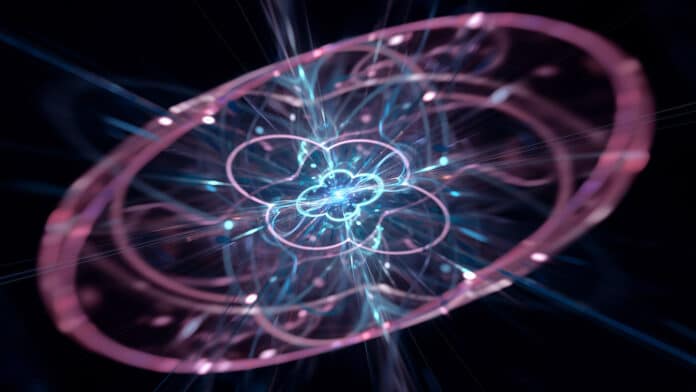For a long while I have questioned the nature of knowledge. As it is referred to in academic circles the study of knowledge is called ‘epistemology’ and serves to cover the breadth of human understanding at any given point. Thus in 1222 human understanding differed radically from human understanding in 2022. From this we can conclude that human knowledge is eternally fluid.
Therefore, once we apply this to any aspect of epistemology we can now be sure that the essence is the fluidity. It is like starting off at the source of a river and moving slowly towards the mouth taking in everything along the way and applying both logic and empirical analysis. The only problem however, is that humans will never reach the mouth of the river. In fact they will barely leave the source. Why is that? Because the nature of our existence means that knowledge is ultimately the most fragile of all things. As each second or nano second passes knowledge has already metamorhposised in to something else. The problem for humans is that instead of sprinting to keep up they stumble and crawl and the knowledge just keeps getting further and further away the more we believe we have discovered.
Let us take one single branch of epistemology that of physics the focus of this article.
Sankar Das Sarma, a theoretical physicist based at the University of Maryland, has succinctly explained that the nature of the laws of physics are merely human attempts to explain the context of existence within the realm of human senses. He points out that:
The rather thorny stumbling block known as the landscape problem, where literally zillions of universes (around 10500, the number is so large that it seems obscene) are acceptable solutions of string theory. If string theory is correct one can declare victory as one of those zillions of universes must be our universe, and all one needs to do is to somehow find that particular solution to figure out what the laws of physics are for us. Of course, this is an impossible task because of the exceptionally large number of possible universes existing in the landscape, and all with their own distinct laws.
What Professor Das Sarma is therefore arguing is that we may create laws for one universe based upon human comprehension but we can never create universal laws for all the zillions of universes because we have no idea of anything about them. Even if we did, knowing the partial is not good enough as they exist beyond our realm of consciousness and experience. At least with our own universe we can determine that it gave life to humanity and millions of other species on planet Earth, for example, but we can never know exactly how because our universe co exists with the zillions of others and thus to know ours we have to know them all and we never will.
Professor Das Sarma further explains human limitations by telling us that
There are around 86 billion neurons in the human brain. This is less than the number of stars in the Milky Way which is just a miniscule part of the known universe. The universe seems almost infinite in comparison to the finite capacity of the human brain, leaving us perhaps little chance of figuring out ultimate laws. What is amazing is that we can make sense of some aspects of the universe through the laws of physics. It may have been Richard Feynman who first said that the issue is not how clever we humans are in figuring out how nature works, it is how clever nature is in following our laws!
He goes on to cite the human that is held up, possibly higher than any other in the field of physics, Albert Einstein by reminding us that in the early 20th century people like Einstein took up the quest to find the ultimate theory of everything. He spent the last 30 years of his life searching for one to no avail. It was to no avail because the landscape problem takes it from beyond the grasp of human comprehension, forever.
It also has another very profound impact on humanity. It renders them as a species of no more of a point than anything else either animate or inanimate. If as biologists and chemists argue, we are nothing more than stardust and we have no idea of where that stardust originated, even our history is beyond us.
Our existence should therefore now be appreciated as nothing more than a fixed position alongside a very long river. No human or piece of rock or piece of fabric or the basteria all around us… is more or less important. They just exist in the moment.
Humans may find this very difficult to grasp but the sooner they do the more enlightened their senses will become and they can begin to live their lives very differently.
Whether we will be allowed to is of course a very different debate.
Jason Cridland
Source: https://www.newscientist.com/article/2349359-why-the-laws-of-physics-dont-actually-exist/







